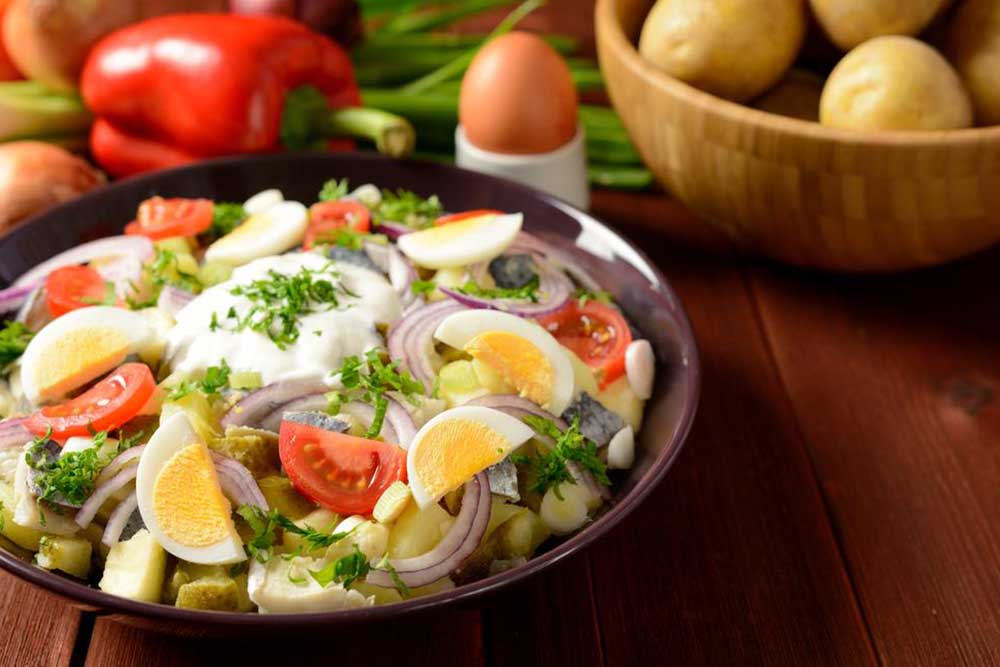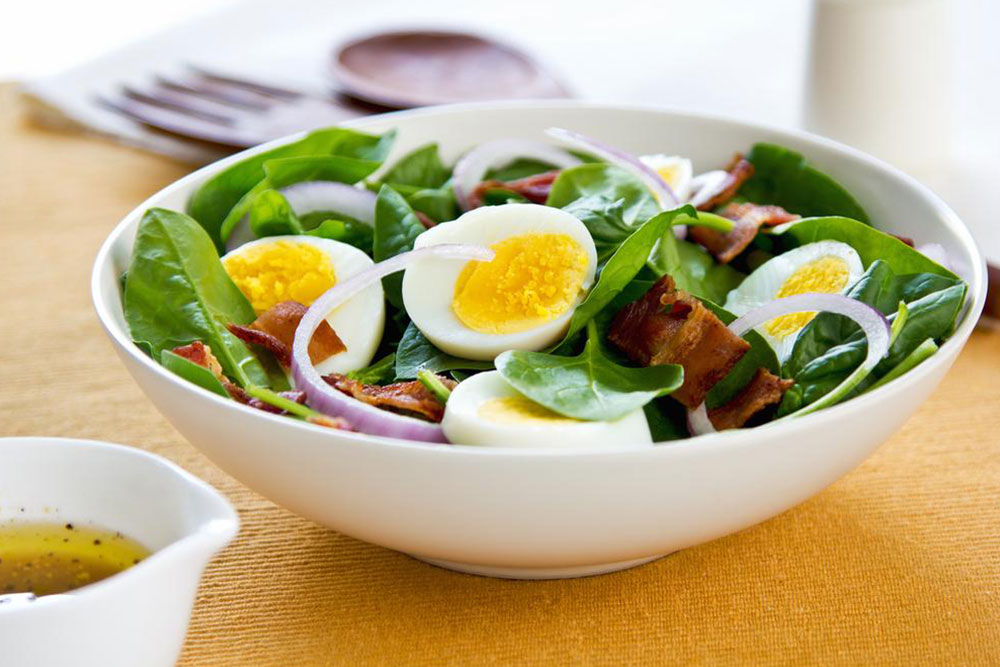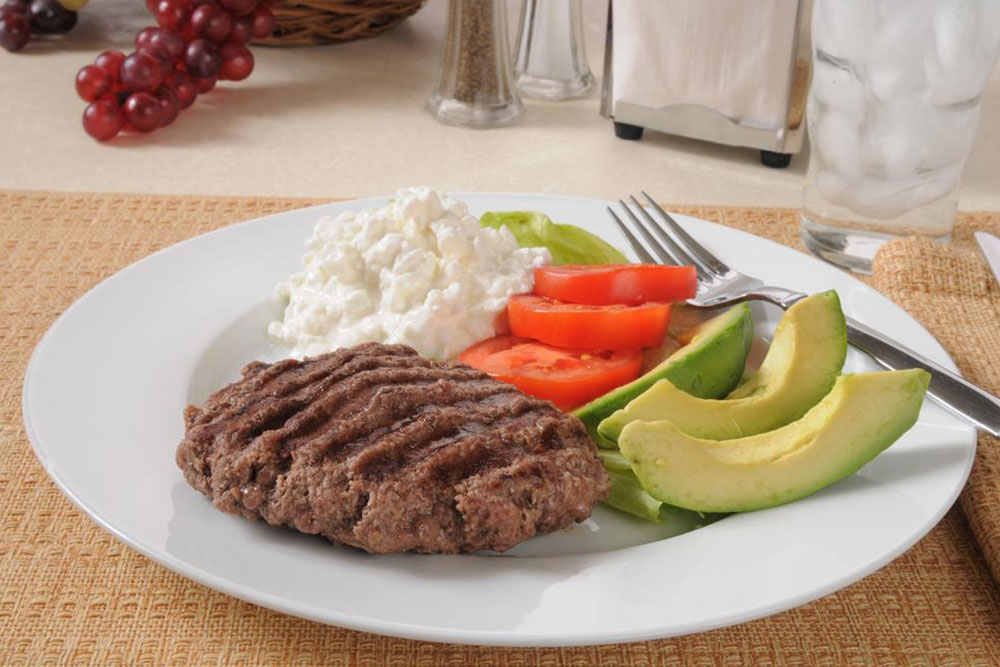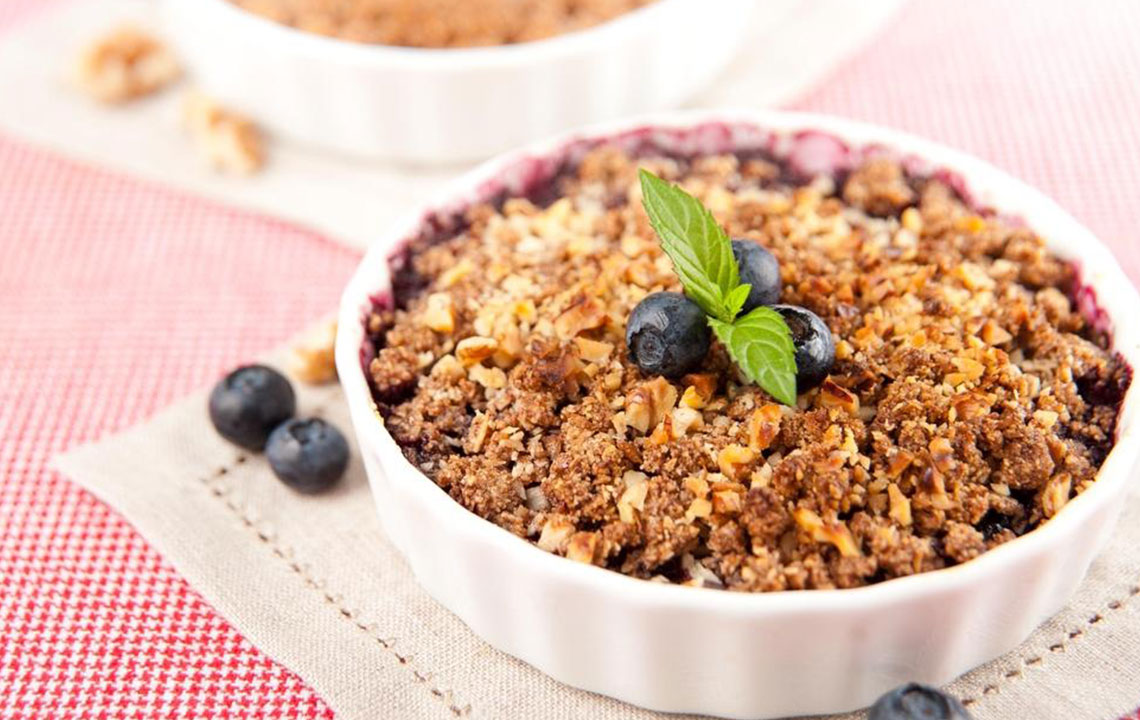Essential Dietary Guidelines for Managing Kidney Health
This article outlines essential dietary strategies for managing kidney health, emphasizing low sodium, balanced protein, and mindful control of potassium and phosphorus levels. It provides practical tips on food choices, cooking methods, and beverage consumption to support kidney function. Following these guidelines can help slow disease progression, reduce complications, and improve quality of life for individuals with kidney conditions. Incorporating kidney-friendly foods like fresh fruits, vegetables, lean proteins, and healthy fats aligns with maintaining overall health and preventing further organ strain.
Essential Dietary Guidelines for Managing Kidney Health
Individuals with kidney conditions need to pay close attention to their diet, avoiding certain foods to slow disease progression. A kidney-friendly diet emphasizes foods that are easier for the kidneys to process while limiting those that can strain these organs. Here are key nutritional tips to consider when planning meals for kidney health.
Choose foods low in sodium
Since damaged kidneys struggle to regulate sodium and water, excess intake can lead to fluid buildup and other health issues.
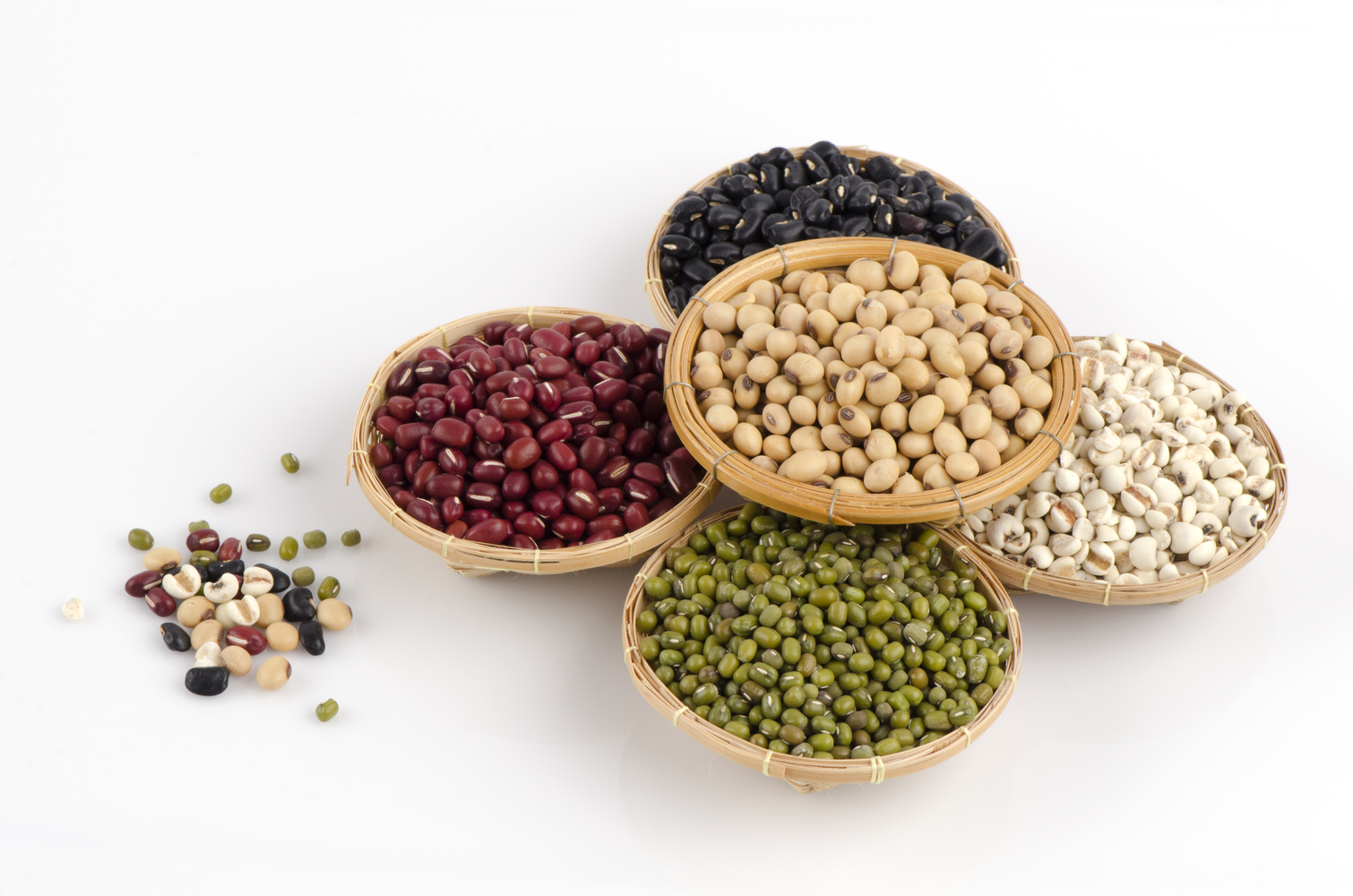
Consuming high-sodium foods can cause swelling, increased blood pressure, breathing difficulties, and fluid retention in vital organs. It is recommended that meals contain less than 400 mg of sodium. Practical tips include: checking food labels for sodium content, controlling portion sizes, opting for fresh produce over processed or canned foods, and seasoning meals with herbs like garlic instead of salt. Cooking at home with minimal salt is most beneficial.
Moderate protein intake
Excessive protein can stress the kidneys further. To maintain a balanced intake, consult with a nutritionist for portion guidance on plant and animal proteins. Good animal sources include chicken, fish, lean meats, and eggs, roughly 2-3 ounces per serving. Incorporating plant-based options like beans, nuts, and grains also helps. Half a cup of cooked beans or a quarter cup of nuts are suitable daily portions, complemented by cooked rice or noodles.
Prioritize heart- and kidney-healthy foods
A slow metabolism can lead to fat accumulation in the heart, vessels, and kidneys, worsening health. Avoid saturated and trans fats by baking, grilling, or stir-frying instead of frying. Use olive oil and remove excess fat and skin from meats. Recommended foods include fish, skinless poultry, beans, and low-fat dairy products.
Manage potassium and phosphorus levels
High potassium and phosphorus foods can cause heart issues and bone problems, respectively. Focus on low-phosphorus foods like fresh fruits and vegetables, cereals, and rice-based products. Limit phosphorus-rich foods such as dairy, nuts, beans, and processed foods. Conversely, safe low-potassium options include apples, peaches, carrots, green beans, and white bread. Always read labels to avoid added preservatives.
Avoid sugary beverages
Beverages like sodas, energy drinks, and packaged juices can strain the kidneys and cause long-term damage. Replacing them with fresh fruit juices and plenty of water helps maintain kidney function and toxin elimination. Following these dietary tips can improve overall health and slow the progression of kidney disease. Enjoying delicious, kidney-friendly foods is entirely possible within these guidelines.


